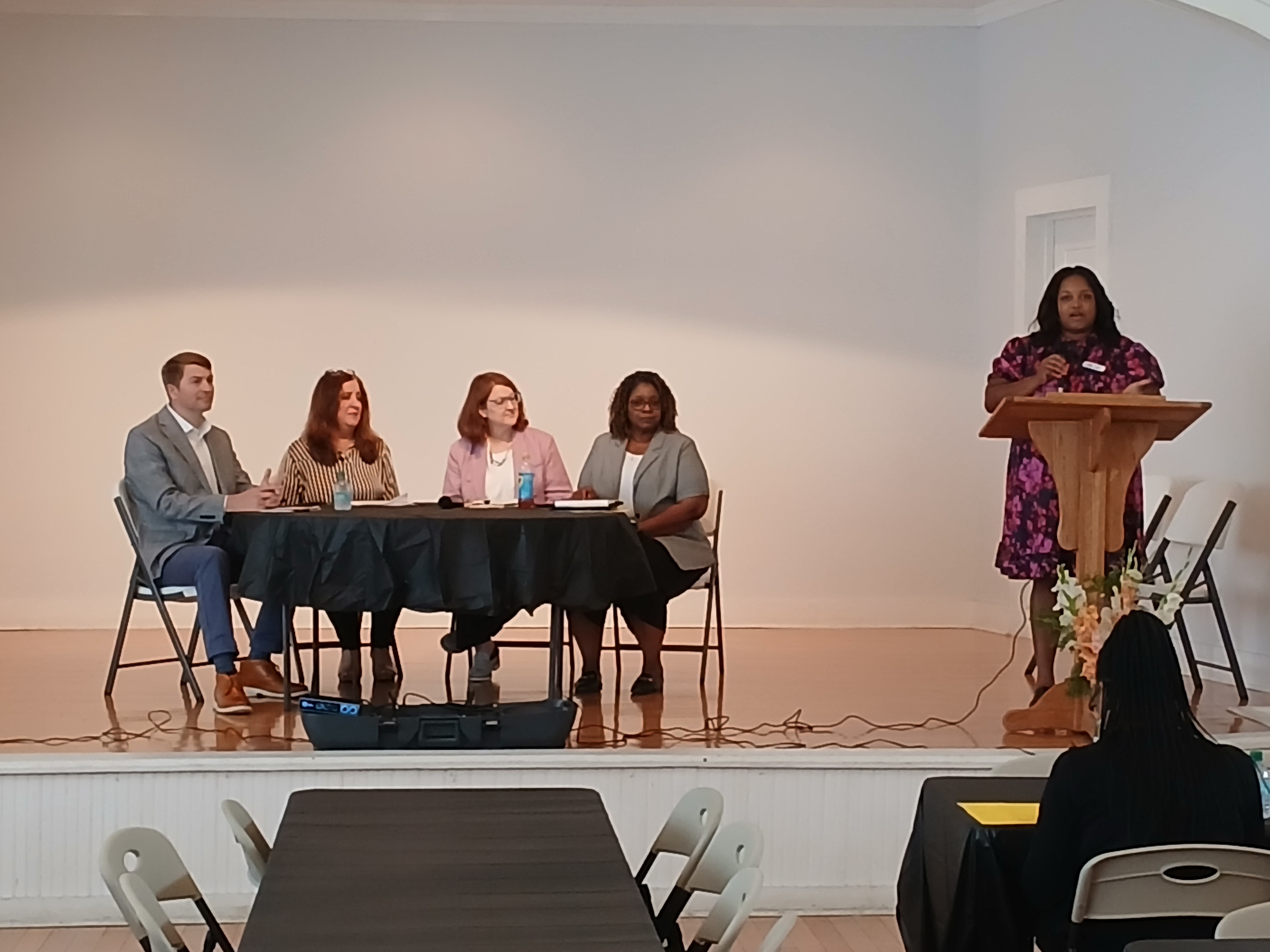Once again, Mississippi’s ‘open’ primary statute debated after tight second primary
Published 8:02 am Wednesday, July 6, 2022
Last week’s Republican congressional primaries in Mississippi’s Third and Fourth congressional districts pointed up some political realities that should prove instructional for current office holders and those who might challenge them.
First, as evidenced in the Fourth district, an incumbent congressman who can only muster 32 percent of the vote in the first primary and is dragging a lot of negative political baggage will be hard-pressed to win the second primary.
Republican U.S. Rep. Steven Palazzo, serving his sixth term, had the benefit of a seat on the House Appropriations Committee, which Mississippi voters rarely choose to ignore. But from early in his congressional tenure, Palazzo was dogged by controversies over matters arising from the after-hours conduct of some staffers and a perceived penchant for being a “no-show” at scheduled events.
More serious troubles for Palazzo emerged in the form of a House Ethics Committee probe into allegations that campaign funds were converted to personal use. While the Office of Congressional Ethics in 2021 reported “substantial evidence” of campaign spending irregularities, the probe languishes in legal and political limbo and will likely not garner an additional review.
The notion that Palazzo lost the GOP primary to Jackson County Sheriff Mike Ezell because of voter anger over the ongoing party schism between Trump supporters and so-called “establishment” Republicans is laughable. Palazzo was Trump’s most loyal supporter among the state’s congressional delegation.
The entire five-man Republican field of primary challengers joined forces to endorse Ezell and reject Palazzo despite a strong effort by Republican heavy hitters to “save” Palazzo in the runoff. Palazzo’s defeat did not produce a lot of political head-scratching.
Second, Mississippi’s functionally open primary system remains a factor in tight second primary races. While miles from being a decisive factor in incumbent U.S. Rep. Michael Guest’s resurgent win over political newcomer Michael Cassidy in the Third District congressional primary, it was part of Cassidy’s narrative in explaining his defeat.
More to the point, the first primary saw a spread between the two contenders of less than one percent with neither earning a majority. Guest’s forces mounted a crushing second primary campaign after a rather tepid first primary effort. Republican voters who had sat out the first primary returned to vote in the second and gave Guest an overwhelming 2-to-1 victory.
In defeat, Cassidy promptly accused Guest of “coordinating with Democrats to rig” the second primary.
Social media promptly picked up the narrative and repeated it – but factually, it’s a lot of bull. The facts are that complaints of that nature are made by people who either don’t understand state election law or just don’t like it. They argue for purity in primary politics. But Mississippi law harkens back to the days not so long ago when Mississippi voters claimed that they “vote for the man (or woman), not the party.”
From a practical standpoint, years ago that meant a majority Democratic Party vote. Today, it usually means a majority Republican vote. But state law says, in Section 23-15-575: “No person shall be eligible to participate in any primary election unless he intends to support the nominations made in which he participates.”
In 2014, Professor John M. Bruce, head of the University of Mississippi political science department, told The Washington Post during a similar flap after the 2014 Republican U.S. Senate primary: “This issue has already been adjudicated” and “that’s not enforceable.”
In 2008 in an unrelated Mississippi voting rights case, the 5th Circuit Court of Appeals ruled that in order for a ballot to be thrown out citing that law, poll workers would need to determine that the voter was at that time planning on supporting a different candidate in the general election – an incidence of political mind-reading that the federal appellate court did not see a path to achieve.
In an election cycle, Democrats can legally vote in Republican second primaries if they didn’t vote in the first Democratic primary. Republicans can legally vote in Democratic second primaries if they didn’t vote in the first Republican primary. Currently, that’s the law.
Purity arguments make good partisan sound bytes, but don’t carry much force after elections.
Sid Salter is a syndicated columnist. Contact him at sidsalter@sidsalter.com





